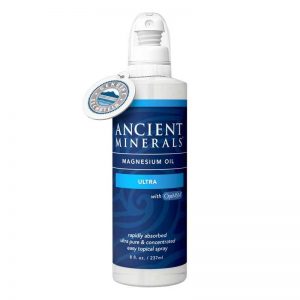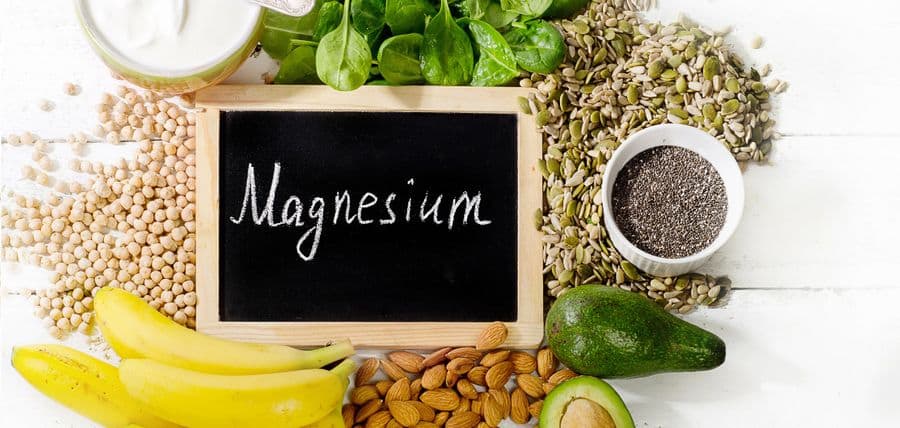If you’re taking a Vitamin D supplement, you may also want to consider taking Magnesium too. Researchers have noticed that this mineral aids the metabolism or “activation” of Vitamin D so it’s used by the body.
From the review published in the Journal of The American Osteopathic Association, study co-author Mohammed Razzaque, a professor of Pathology at Lake Erie College of Osteopathic Medicine in Pennsylvania said that “People are taking Vitamin D supplements but don’t realise how it gets metabolised.”
Magnesium plays an essential role in the human body, activating hundreds of enzymes that are involved in important biological reactions, including enzymes that play a role in Vitamin D metabolism according to the review.
Getting enough Vitamin D is crucial, especially as an estimated 1 billion people worldwide have low levels of Vitamin D3. As a deficiency can show itself in various symptoms it’s an important vitamin to get, along with magnesium, for good health and wellness.
Many people are simply not getting enough magnesium however. One national survey from 2005-06 found that half of all Americans aren’t consuming enough Magnesium, according to the review. The National Institute of Health recommends consuming between 400-420 milligrams of Magnesium per day for men and for women, 310-320mg a day.
The Link With Magnesium and Vitamin D
Consuming Magnesium can reduce the risk of Vitamin D deficiency according to previous research. One study from 2013 found that people consuming relatively high levels of Magnesium are less likely to have low in D in comparison to those who didn’t get enough magnesium.
The researchers also found that people with higher magnesium intakes have higher bone mineral density. There is also a lower risk of osteoporosis compared with people who have lower intakes of magnesium.
Good sources of Magnesium include eating almonds, bananas, beans, cashews, green vegetables, pumpkin seeds, sesame seeds and sunflower seeds.
Many people simply aren’t getting enough Magnesium as it’s not being so readily absorbed into the body. After digestion, around 55% leaves the body as waste. For this reason, applying Magnesium to the skin topically is highly recommended.
When Magnesium is applied to the skin, it bypasses the digestive system completely and is quickly absorbed into the bloodstream where it works on a cellular level within the body.
If you’re taking Vitamin D, ensuring you get enough Magnesium is essential. Using a topical Magnesium supplement; a spray, lotion or bath flakes is ideal. Once it bypasses the skin, it’s absorbed into the bloodstream, allowing the health benefits to take effect.
Recommended Examples
Ancient Minerals Magnesium Oil Spray Ultra – Ultra pure and concentrated formula, contains Magnesium and OptiMSM for rapid cellular absorption. Available in a convenient spray. The most efficient delivery method to help magnesium levels. Available from Good Health Naturally. – Ultra pure and concentrated formula, contains Magnesium and OptiMSM for rapid cellular absorption. Available in a convenient spray. The most efficient delivery method to help magnesium levels. Available from Good Health Naturally. |






Robert, Have you heard of Active-PK? It contains Quercetin, Berberine, and gyostemma penophyllum. It says it will reduce belly fat. It is suppose to be a AMPK booster. What is your opinion?
Hi Patricia, I’m sorry we are unable to comment on that product in particular.